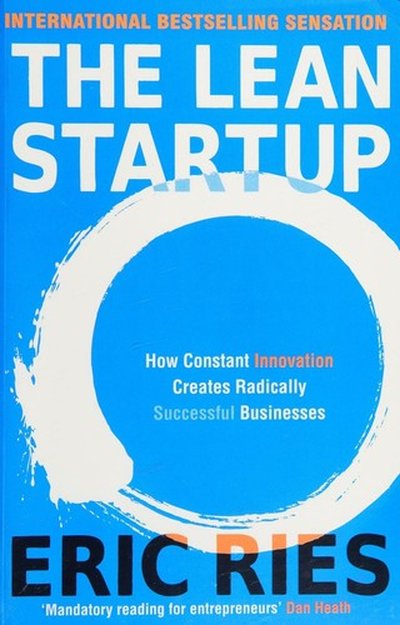Highlights from The Lean Startup by Eric Ries

Highlights from this book
-
They exist to learn how to build a sustainable business.
-
achieving failure: successfully executing a plan that leads nowhere.
-
I realized that as a startup, we needed a new definition of value. The real progress we had made at IMVU was what we had learned over those first months about what creates value for customers.
-
The importance of basing strategic decisions on firsthand understanding of customers is one of the core principles that underlies the Toyota Production System. At Toyota, this goes by the Japanese term genchi gembutsu, which is one of the most important phrases in the lean manufacturing vocabulary. In English, it is usually translated as a directive to “go and see for yourself” so that business decisions
-
Without a formal growth model, many companies get caught in the trap of being satisfied with a small profitable business when a pivot (change in course or strategy) might lead to more significant growth. The only way to know is to have tested the growth model systematically with real customers.
-
One decision stands out above all others as the most difficult, the most time-consuming, and the biggest source of waste for most startups. We all must face this fundamental
-
“achieving failure”—successfully executing a flawed plan.
-
That’s the case because the problems caused by the old system tend to be intangible, whereas the problems of the new system are all too tangible.
-
Critically, lean manufacturing rediscovered the wisdom and initiative hidden in every factory worker and redirected Taylor’s notion of efficiency away from the individual task and toward the corporate organism as a whole.
-
We have the capacity to build almost anything we can imagine. The big question of our time is not Can it be built? but Should it be built? This places us in an unusual historical moment: our future prosperity depends on the quality of our collective imaginations.
-
real goal of innovation: to learn that which is currently unknown.
-
How can we build a sustainable organization around a new set of products or services?
-
Throughout our celebration of the success of the Lean Startup movement, a note of caution is essential. We cannot afford to have our success breed a new pseudoscience around pivots, MVPs, and the like. This was the fate of scientific management, and in the end, I believe, that set back its cause by decades. Science came to stand for the victory of routine work over creative work, mechanization over humanity, and plans over agility. Later movements had to be spawned to correct those deficiencies.